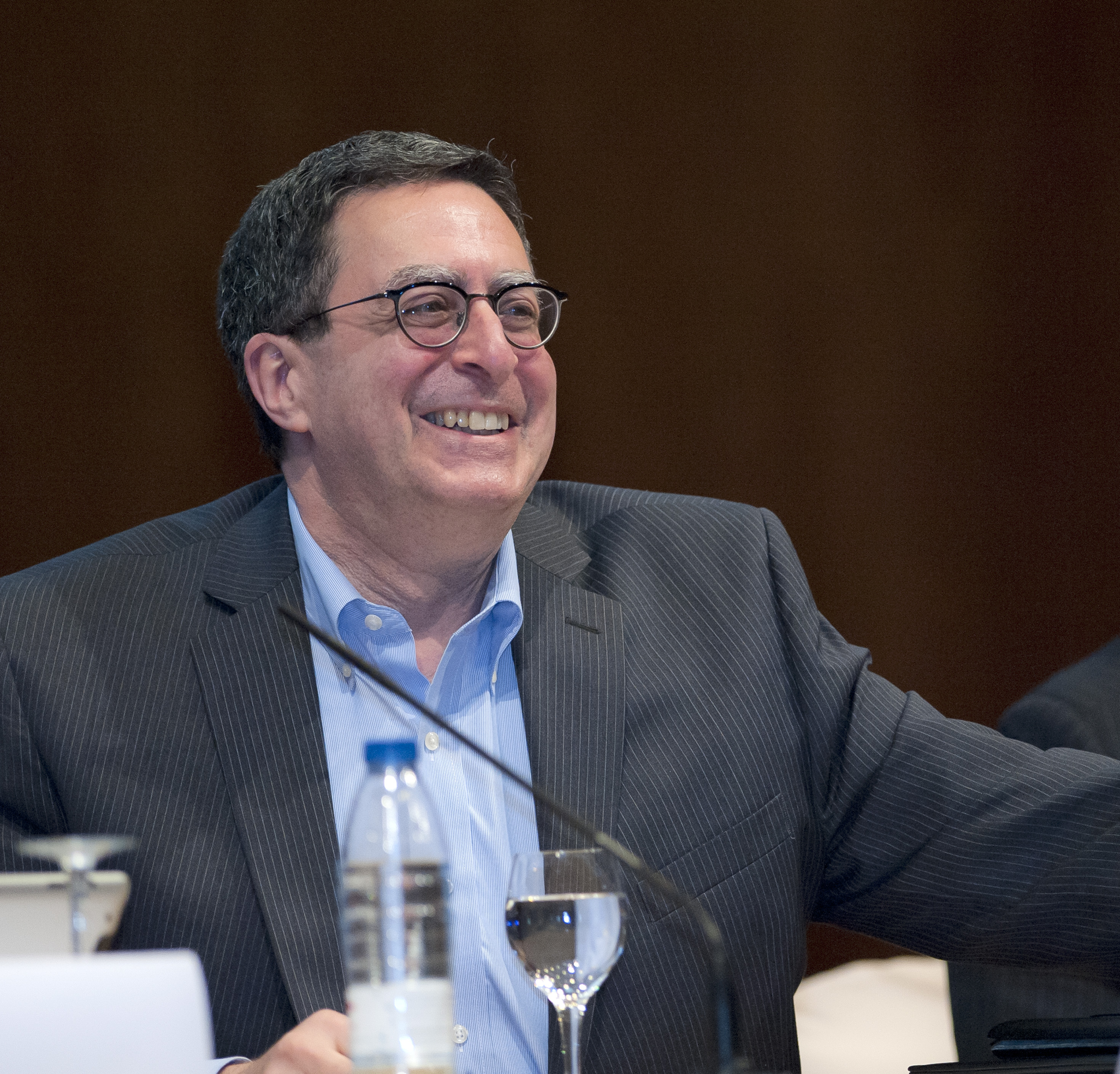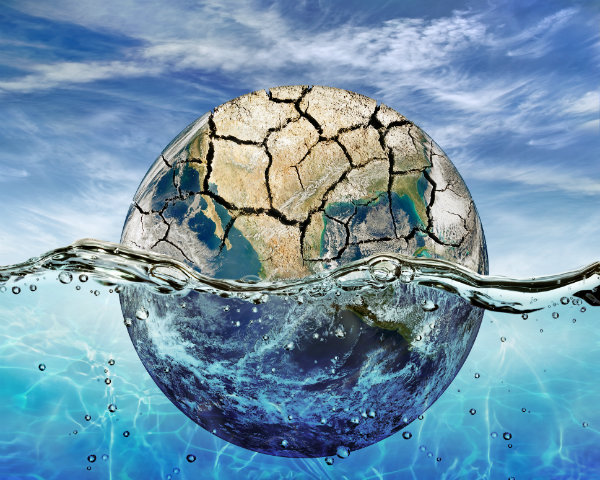The Future of Water
Professor of Practice Howard Neukrug is bringing together real-world experience and Penn research to revolutionize the water industry.
Howard Neukrug is passionate about water. “I love the idea of being able to use water as a connector to public health and clean environments,” says the former CEO of the Philadelphia Water Department.
That passion carried Neukrug through a 37-year career with Philadelphia Water, where he was ultimately responsible for all aspects of a drinking water, wastewater, and storm water system serving 2.3 million people. This same passion drove him to establish Philadelphia's $2.5 billion "Green City, Clean Waters" program, which revolutionized how cities approach land and water management for sustainability and resiliency.
He now employs that same drive at the University of Pennsylvania, where he has been named Penn Arts and Sciences’ first professor of practice—a position created to bring accomplished leaders from business, government, or the arts into classrooms so that they may complement the expertise of the School’s standing faculty. Along with teaching classes in Earth and environmental science for undergraduate and graduate students, Neukrug is establishing a Center for Water Science, Technology and Policy at the University. The goal of this center is to connect and mobilize water-related research going on throughout Penn’s schools, and bring it to the applied world of the water business.
“It amazed me to see how the theoretical research that occurs at Penn matches with the applied research needs that I have had my whole life as a water utility manager,” he says. “It’s a differently focused but equally passionate and dedicated group of people, dealing with issues I’ve been dealing with but from a very different perspective.”
Research that impacts water issues is ongoing throughout Penn’s schools, from environmental health to technology to design to marketing. Within Penn Arts and Sciences alone, faculty and students are pursuing difficult issues in climate change, the relationship between water and food, and the future of urban centers and how to make them sustainable.
Ultimately, Neukrug sees Penn becoming the world’s preeminent school for water science and technology. “Philadelphia is one of the greatest water hubs in the world,” he says. “The utilities in Philadelphia, New York, and Washington, D.C. are among the most innovative public water utilities. The headquarters of three of the greatest private water companies in the U.S. are here, providing water not just for our region, but all over the U.S. and in some cases across the world. There are technology companies, and environmental consulting. We’re in the center of water technology policy research in the eastern half of the U.S.”
The impact of the center will be felt in both the developed and the developing world. “The good news is everything is feasible,” says Neukrug. “At the end of this, we can solve water problems.” The “not-so-bright side,” he says, is the absence of money and true effort to make these changes, and the uncertainty that comes with climate change.
The solution, Neukrug feels, is to approach upcoming challenges in the way he approached the “Green City, Clean Waters” program—incrementally, leveraging change. He gives the example of needing to dig up a street for water or sewer lines: The city can take this operation as an opportunity to put in gas and electric lines, create bike lanes and parking spaces, and make it more pedestrian-friendly. The result is a complete project largely paid for by the money that would have been spent on just the sewer work.
“You rethink your city slowly because you’re evolving. You’re not creating a revolution,” Neukrug says. “As new buildings go up or street infrastructure needs to be replaced, you need to be thinking on a larger scale. And Penn students and faculty are looking at how they can change things globally. The passion, interest, and knowledge are here.”




